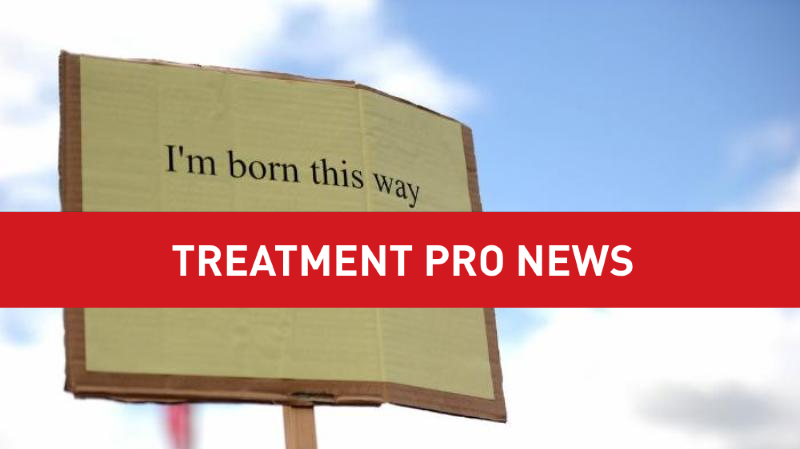
With the release of “Ending Conversion Therapy: Supporting and Affirming LGBTQ Youth,” the Substance Abuse and Mental Health Services Administration (SAMHSA) has taken an official stand against conversion therapy. The comprehensive report provides an in-depth review of research and clinical expertise that undercuts the legitimacy of conversion therapy. By making it clear that conversion therapy is not an appropriate therapeutic approach, a central goal is to find alternative ways to positively discuss sexual orientation, gender identity, and gender expression with young people.
“When dealing with a sensitive topic such as gender identity or sexual orientation in young people, it is essential that families, educators, caregivers, and providers seek the best available information and advice,” explained SAMHSA Acting Administrator Kana Enomoto. “SAMHSA’s report provides this information, as well as resources young people, families and others can use to promote healthy development for all youth.”
Developed by an expert panel held by the American Psychological Association in July 2015, the consensus findings of the report has been supported by the medical establishment. The expert panel included researchers and practitioners in child and adolescent mental health with a strong background in gender development, gender identity, and sexual orientation in children and adolescents. To bolster the consensus, experts in family therapy, ethics, and the psychology of religion also participated in the report’s development.
Through a collaborative process, the findings of the panel highlighted the scientific truth that variations in sexual orientation and gender identity are normal. As a result of this normative finding, conversion therapies and other efforts to change sexual orientation or gender identity are more than just ineffective. They are harmful to LGBTQ youth and are not appropriate therapeutic practices. Although the report examines the existing efforts to eliminate the practice of conversion therapy, it notes that such efforts are only beginning.
The resources contained within the report include detailed information on supportive therapeutic approaches, ideas for future research, and targeted guidance for a multiplicity of audiences. SAMHSA’s hope is that such materials will help providers, families, and community members support their LGBTQ and gender non-conforming kids. Such children and adolescents are at risk and in real need of quality support and understanding as they face the challenges at hand.
